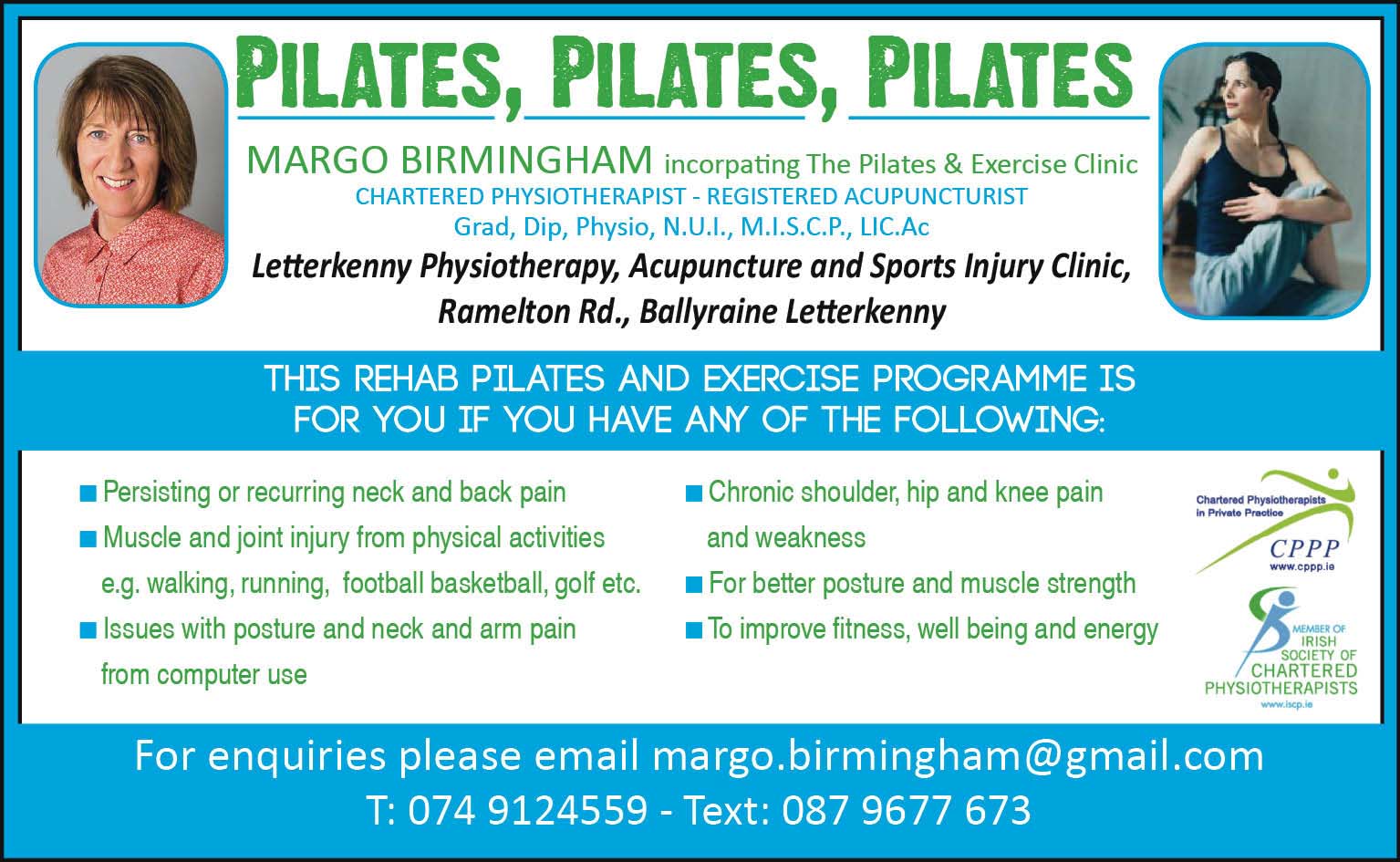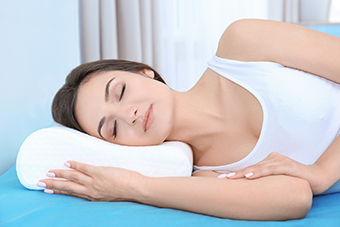The Right Pillow
It is best to sleep on your side or on your back. Sleeping on the tummy is to be avoided as it can cause neck and back pain. If you like to sleep on your side, a deep pillow with good support is recommended. Or you can choose two slim pillows, the top one being feather if you not allergic to it.
If you are pulling your pillow into your neck or putting your hand underneath your pillow, you are looking for more support and maybe best to add another pillow if you are just using one.
If you sleep on your back, one pillow is preferable but many medical conditions demand that we use two if not three pillows. A good night’s sleep can easily be disrupted by a painful neck. The correct pillows can relieve this pain and it is always good to change your pillows regularly as the weight of our head flattens them, leaving you without that support you are needing. Treat yourself to new pillows, it will prevent that stiff and achy feeling the following morning.

Man sleeping on two pillows at home. Incorrect sleep posture
THE RIGHT PILLOW! If the way that you are sleeping gives you a pain in the neck every morning and it’s not going away – Talk to Margo Birmingham – Letterkenny Physiotherapy, Sports Injury… for expert advice
Road Traffic Accidents (RTA Injuries)
While many RTA injuries can be severe and life threatening and need hospital treatment, those who present for physiotherapy can equally be severe if not managed promptly. Neck, shoulder and upper, mid and lower back are the main areas injured in the body.
There can be acute pain, swelling, burning sensation and loss of function in the joints affected, causing severe distress and disablement for the injured person.
Two weeks after the RTA, soft tissue injuries should be assessed and treatment commenced to decrease pain and restore function to the injured areas.
Physiotherapy and Posture
Good upright posture is very important in preventing pain and tightness in muscles and joints. Poor posture over several years while doing the same repetitive work causes discomfort which gradually becomes pain and stiffness in the neck, shoulders and back.
If your head sits more forward than recommended, retraining is needed to change the head position and bring it in alignment with the rest of the body. This retraining can involve many aspects of Physiotherapy – examination, stretching and strengthening exercises. Increased stress may lead to increased muscle tension and postural abnormalities.




